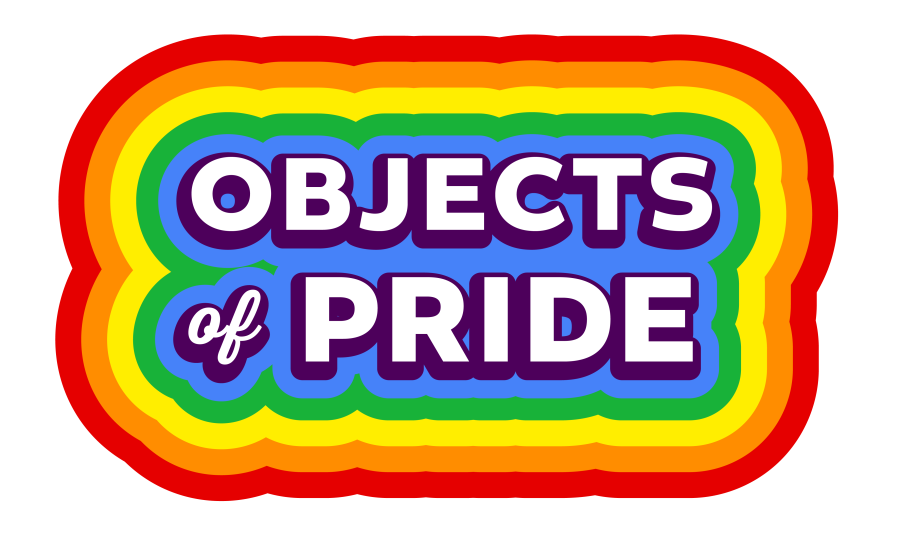Help us expand the story—what objects of pride are in your own collection? What objects, ephemera, and photos do you have that reflect an important part of your LGBTQIA+ identity or experiences as part of the LGBTQIA+ community? Fill out the form below and share your story. MOHAI will collect submissions and share them on our social media channels mid-May through July 4, 2024.
In your submission, describe your object and why you chose it. Questions to think about: What is this object’s origin story? What does it make you think about? Why is it important to you?
